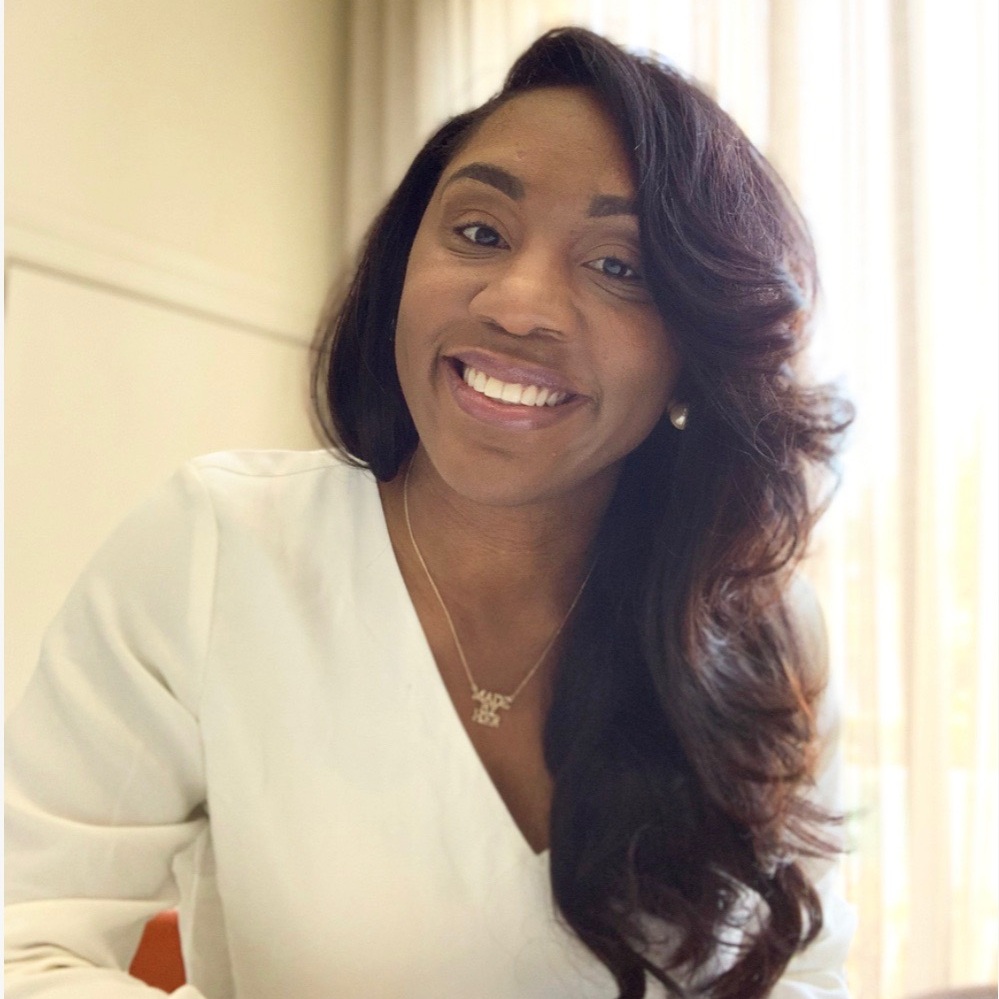Speaking Up for Your Health: How to Be an Effective Self-Advocate
by Dr. Candice Williams, Ph.D., NCC, LPC
This story is part of our MYND x RUNGRL Mental Health Series
Regular visits to a doctor, both for routine physical care or for mental health care, are vital investments in your personal health and wellbeing. Your health is your wealth, and your concerns should never fall on deaf ears when it comes to how you’re feeling. Navigating the medical system can be particularly challenging for Women of Color because we are often dismissed or not taken seriously by some health care providers.
We saw this unfortunate trend in the news recently when star tennis player Serena Williams opened up about the life-threatening medical experience she endured during and following the birth of her daughter. Williams’ experience seeking medical care while Black is no different than those of Black women across the country who have experienced similar racial bias within the health care system. Unfortunately, it’s up to us to ensure that our healthcare providers prioritize our health and concerns just as much as we do.
Feeling Empowered To Speak Up
Given the prevalence of racial bias against African Americans in the medical community, it is imperative that Black women feel empowered to speak up and ask questions about their health. Racial bias, both conscious or unconscious, from medical professionals who lack cultural competence, can result in serious outcomes up to and including misdiagnosis and unexceptional care.
Trying to convince medical providers that something may be off, that you are in pain or even that you know what's right for your body can be both difficult and mentally draining. However, speaking up is the best prescription for demanding better health care. Use these tips to advocate for your health and wellbeing every time you seek out medical care or assistance.
Tip #1: Research Your Doctors.
“Everything from your religious practices to the area in which you live and your family habits are all cultural factors that can affect your health and health practices. Having a doctor familiar with your culture can make a huge difference.” - Dr. Candice Williams
As a patient, it is important that you’re informed about the person who will be managing your care. Learning his or her credentials and understanding his or her work experience will help establish confidence in your doctor. The doctor needs to not only be qualified, but he or she must also be culturally competent. This means they understand how your culture may influence your lifestyle and health. Everything from your religious practices to the area in which you live and your family habits are all cultural factors that can affect your health and health practices. Having a doctor familiar with your culture can make a huge difference.
This is especially true when researching mental health providers. Your physician will need to understand the mental health perspectives and challenges specific to your community in order to properly diagnose and treat you. The National Alliance on Mental Illness offers additional tips on finding a culturally competent provider that understands your needs.
Ask friends you trust for referral recommendations, research providers through search engines like ZocDoc.com or contact your health insurance and ask for a list of providers that best fit your cultural background.
Tip #2: Ask Questions.
It’s important to ask your provider questions related to their knowledge of your symptoms or condition and whether they’ve had cultural competence training. Asking questions can be the start of building trust and fostering effective communication between you and your provider. For example, asking your provider, “Do you have experience treating patients from my cultural background?” or “How would you include aspects of my cultural identity, such as age, faith, gender identity or sexual orientation, in my care and treatment?” are appropriate questions to ask.
Related Post: Getting Organized to Improve Your Health and Fitness
Tip #3: Discernment Is Key.
Trust your instincts! In most cases, you know your body and symptoms better than anyone. If you are hurting or in pain, don’t ignore these indicators. Insist your doctor take the necessary precautions and get to the root of your concerns. It’s not always best to “wait and see what happens”. Be sure not to let your frustration with your provider cause you to avoid getting treatment altogether. If you don’t feel heard or don’t feel you are getting the care you deserve, it’s okay to fire your doctor and find a new one!
Tip #4: Seek A Second Opinion.
Before making a hasty decision on a major medical procedure, it’s sometimes a good idea to seek a second opinion and consult with other healthcare providers. This is one instance where you don’t want to just go with the flow. Instead, just say “no” to moving forward until you’ve done your research and compared notes from each doctor to make an informed decision. In addition, try your best to communicate your thoughts, fears and concerns with your doctor as early as possible about your confidence in his or her ability to manage your care and why.
Advocate for your health by speaking up for what you need. This means understanding that there is not one blanket treatment for all patients and making sure your doctor understands the same. If a doctor downplays your health concerns, be direct, seek answers and ask for explanations. Remember, don’t be afraid to find a doctor who will listen. You deserve to feel heard, understood and taken seriously when it comes to your health.
-
Disclaimer: This article is not intended as personal medical advice. Always seek treatment from your own physician before making changes to your care plan. Read the full RUNGRL.co terms of use, including our medical disclaimer, here.
CANDICE WILLIAMS, PH.D., NCC, LPC
Contributor
Dr. Candice Williams is a Texas native living in Washington D.C. and specializing in both clinical and trauma counseling. Dr. Williams has over ten years of clinical experience across various treatment settings with adolescents and adults. Her work is centered around Cognitive Behavioral Therapy and includes a strength-based approach to helping clients understand how their thoughts impact their feelings and thoughts. Insightful, competent and highly experienced, Dr. Williams has helped hundreds of clients towards their desired personal and professional goals with her private counseling organization, MYND Mental Health + Wellness Group, LLC.













